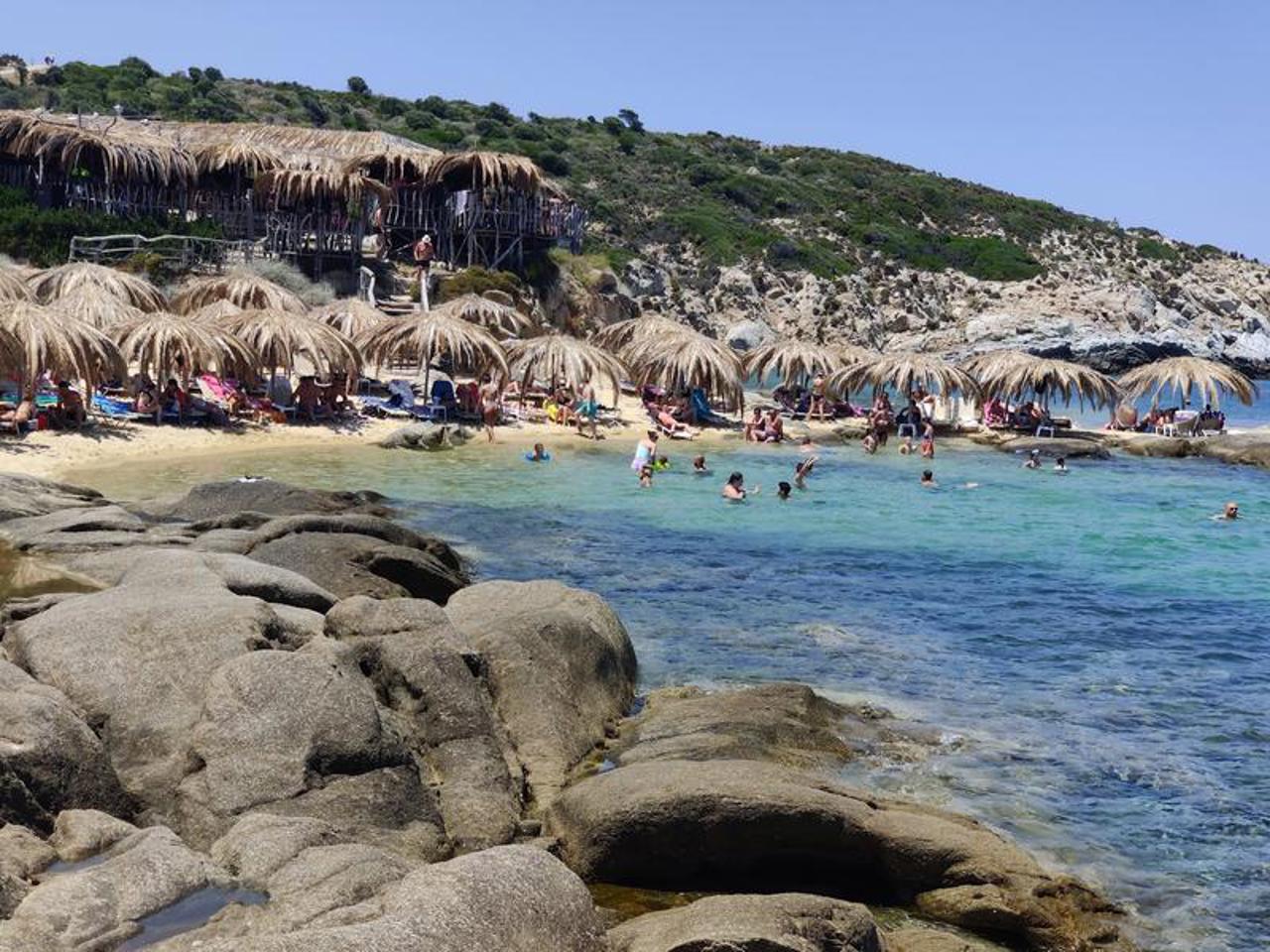Riot on Greek beaches. The "towel movement" wants to remove sun loungers and umbrellas from the seafront
The towel, on the Greek island of Paros, has become a symbol of the struggle. A citizens' movement is increasingly making its presence felt, fed up with the fact that sun loungers for rent in beach bars are inc

Residents of the tourist island in the Cyclades archipelago protested last Sunday on St Mary's beach, with towels and placards in hand, shouting: "we want our beaches back!".
The owner of the beach bar there had placed sun loungers and umbrellas all along the shore, although he was only allowed to do so in a certain area.
This offence is not the only one, since the 7,000 square metres of coastline legally granted to Paros businessmen has been illegally extended to 19,000 square metres, denounced - on private television SKAI - Mihalis Kirizianos, a member of an initiative called the 'Towel Movement' by the media.
After the protest on St Mary's beach, many of the sun loungers and umbrellas were removed and the owner of the beach tavern was reported to the police.
"Fortunately (the beach bar) removed them, we don't know for how long, but it's definitely a big victory, a start for something better," Kiriazanos said.
The protest is not directed against tourists, but against the bars whose sun loungers and umbrellas invade the beaches.
Greece's economy and finance minister, Kostis Hatzidakis, has promised that checks will be carried out on all beaches in the country in August and those who break the law will be punished.
Hatzidakis called for the legality of state concessions to be respected and warned that any breach by businessmen would attract a penalty.
Greece, including its islands, has the longest coastline in the Mediterranean basin, almost 14,000 kilometres. Checks so far have been spotty and many beachside establishments have taken advantage of this laxity.
The Hellenic Republic does not recognise private beaches in its legislation, yet on most tourist islands, not just Paros, this regulation has been violated for years and access by citizens to these public spaces is difficult.
On the island of Naxos, the "Save the beaches of Naxos" initiative was created in recent weeks with a petition that has already gathered thousands of signatures.
On the island of Mykonos, one of the world's most popular summer destinations, a bar on Panormos beach has erected a wall and arbitrarily reserved an entire beach for its customers only.
The beach bar was fined €13 million and the illegal constructions erected by the bar owner, including the wall he built, were demolished, but this type of sanction is the exception and not the rule.
Although the situation on the Greek islands is far from resolved, after a wave of criticism from citizens and regional authorities, the Greek government has promised firmness.
"Above all is the application of the law, we will not give up for anyone," said Greek government spokesman Pavlos Marinakis.





